In My Experience, These 8 Stunning Cities Are Great For Beginners + 5 That Are Better For Seasoned Explorers
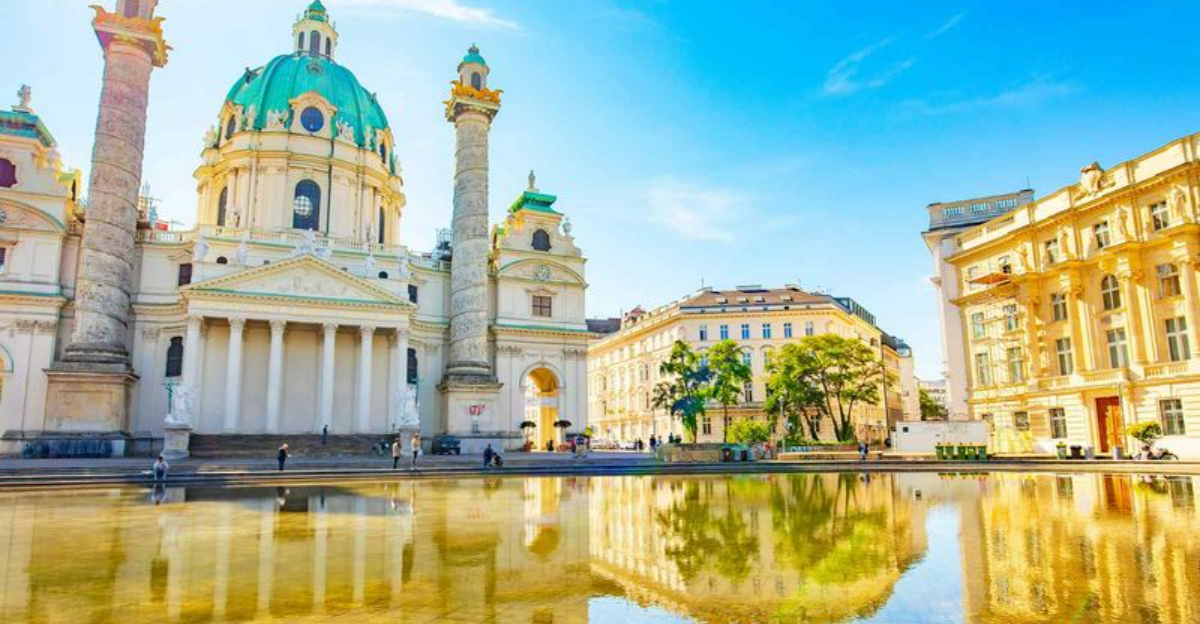
Traveling to new cities can be thrilling yet overwhelming, especially if you’re just starting your global adventures.
After visiting over 50 cities worldwide, I’ve noticed some are naturally more welcoming to travel newbies, while others demand experience to truly appreciate their chaotic beauty.
Here’s my personal breakdown of which magnificent urban destinations suit beginners versus which ones reward those with a few passport stamps already.
1. Amsterdam’s Canal-Lined Streets Welcome First-Time Travelers
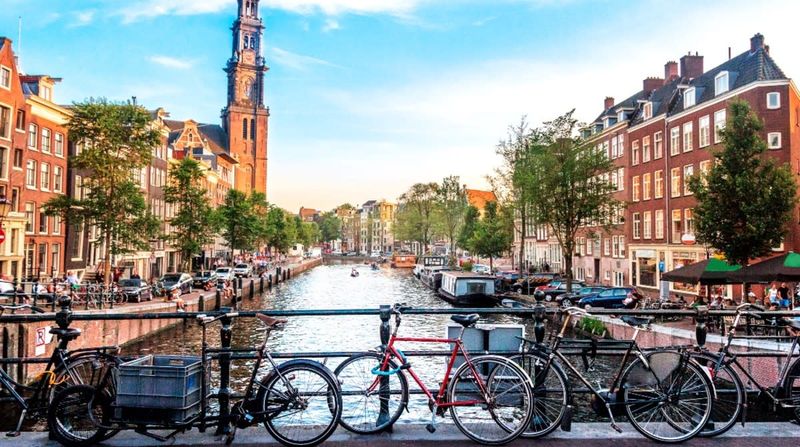
You’ll fall in love with how easily navigable Amsterdam is on foot or by bicycle. The compact city center means you’re never far from your next attraction or a cozy café when you need a break.
The locals speak excellent English, removing language barriers that might intimidate beginners. Public transportation is straightforward with clear signage and helpful staff.
I particularly appreciate the city’s laid-back atmosphere – nobody rushes you through museums or restaurants, making it perfect for those still finding their travel rhythm.
2. Lisbon Offers Gentle Introduction to European Culture
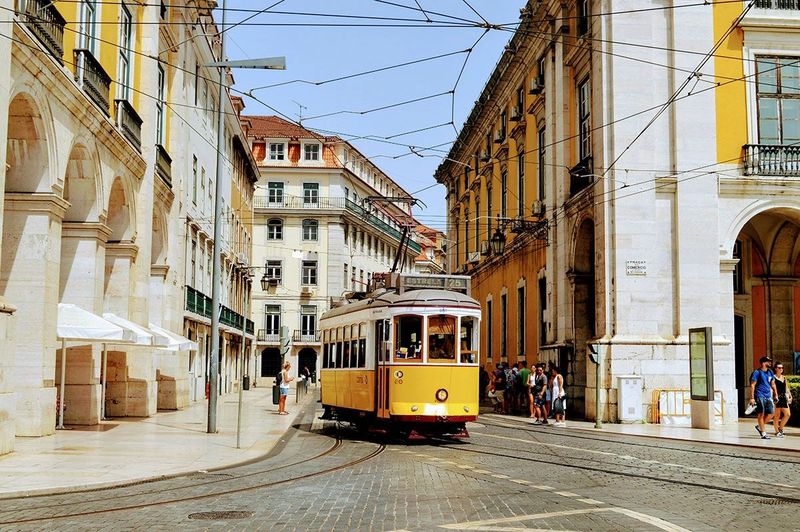
My first visit to Lisbon revealed why it’s perfect for travel newcomers – the city operates at a relaxed pace that never overwhelms. Affordable food and accommodation mean beginners won’t blow their budgets while learning travel basics.
Locals display remarkable patience with tourists struggling with Portuguese phrases. The compact historic center lets you wander without complex transportation planning.
Whenever I felt lost, friendly residents would often approach to help before I even asked, demonstrating the genuine warmth that makes Lisbon so beginner-friendly.
3. Barcelona’s Beachside Charm Makes Travel Easy
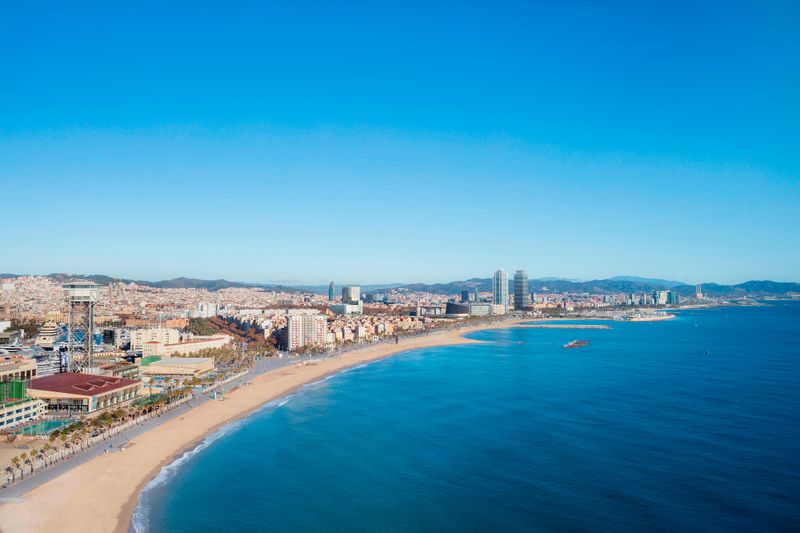
First-time travelers adore Barcelona’s dual personality – vibrant city life seamlessly blending with relaxing Mediterranean beaches. When I visited, switching between cultural sightseeing and beach relaxation helped prevent the travel fatigue beginners often experience.
The city grid makes navigation intuitive, while excellent signage in multiple languages keeps you oriented. Street food options abound, removing the stress of formal restaurant etiquette.
If overwhelmed by crowds at major attractions like Sagrada Familia, quiet spots like Ciutadella Park provide peaceful retreats where you can regroup and plan your next move.
4. Tokyo Surprisingly Welcomes Novice Adventurers
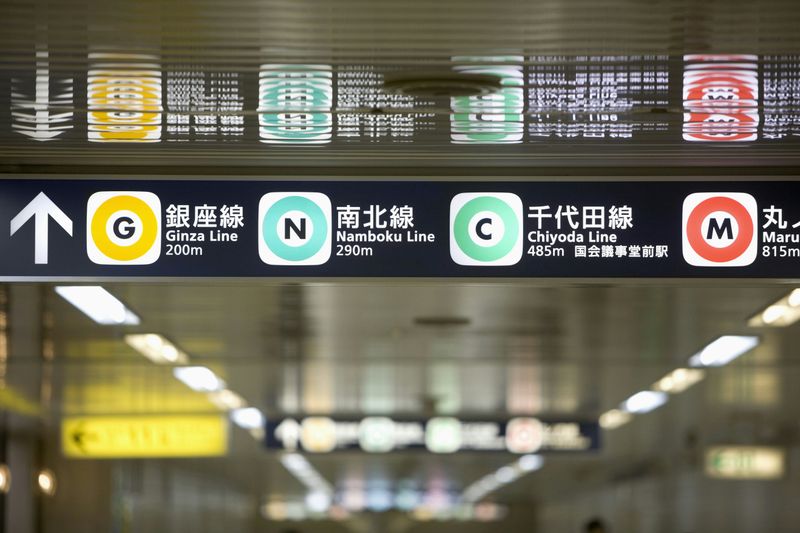
Despite its reputation for being overwhelming, Tokyo actually embraces beginners with remarkable efficiency. The subway system initially intimidated me until I discovered the color-coding and English signage that make navigation surprisingly simple.
Safety levels are extraordinary – I’ve accidentally left belongings in public places only to return and find them untouched. Many restaurants feature plastic food displays or picture menus, eliminating language barriers when ordering.
Locals often go out of their way to assist lost travelers, sometimes walking you to your destination rather than merely pointing directions.
5. Vienna’s Elegant Pace Suits Travel Newcomers
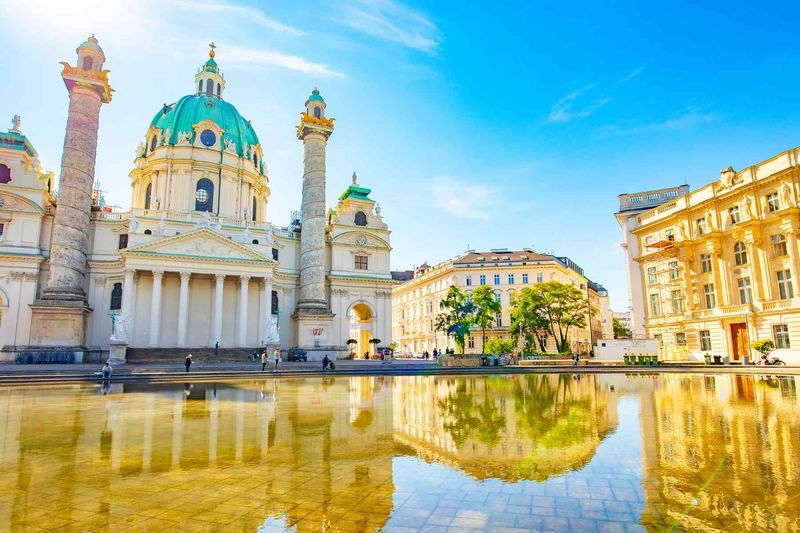
Walking through Vienna feels like strolling through a living museum where everything operates with clockwork precision. Coffee house culture encourages lingering, giving beginners plenty of time to consult maps and guidebooks without feeling rushed.
The city’s compact historic center means most major attractions sit within easy walking distance. Vienna’s public transportation runs so punctually that I could set my watch by it, eliminating stress about missing connections.
Even with minimal German knowledge, I found communication easy as most Viennese in tourist areas speak excellent English and appreciate visitors attempting basic German phrases.
6. Copenhagen Makes Sustainable Travel Accessible
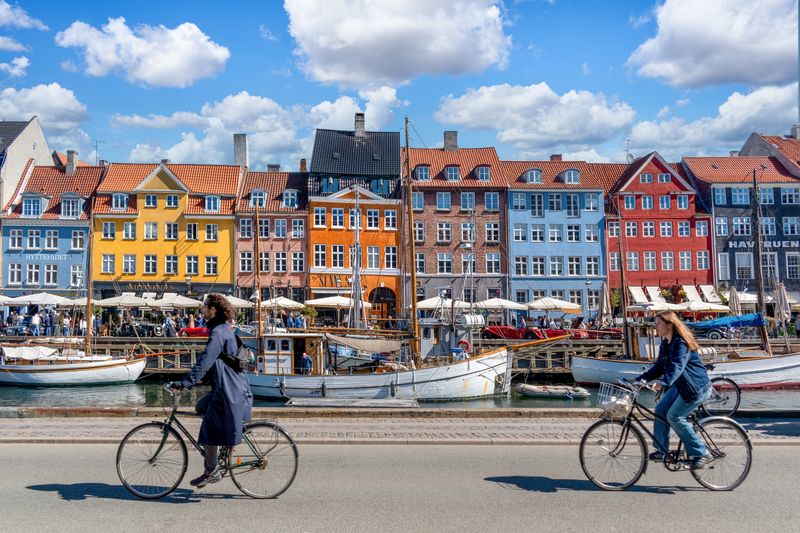
During my Copenhagen visit, I discovered how effortlessly the city introduces beginners to sustainable urban travel. The bike-friendly infrastructure means even cautious cyclists can comfortably navigate between attractions without battling aggressive traffic.
Virtually everyone speaks flawless English, eliminating communication barriers entirely. The compact city center means you’re rarely more than a 20-minute walk from major sights.
Though not budget-friendly, Copenhagen’s pricing transparency prevents unpleasant surprises – menus clearly display costs, and attractions post all fees upfront, helping beginners manage expenses effectively while learning travel basics.
7. Prague’s Fairytale Setting Eases First-Time Travel Jitters
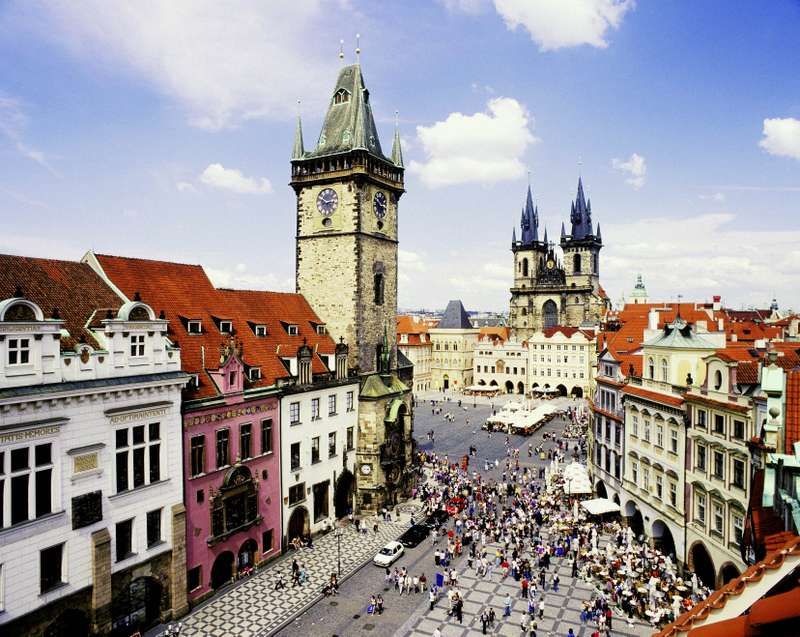
My first steps onto Prague’s cobblestone streets immediately calmed my travel nerves – the pedestrian-friendly historic center eliminates transportation complexities for beginners. Medieval architecture creates natural landmarks that make orientation intuitive without constant map-checking.
Affordable prices mean newcomers can enjoy restaurants and attractions without budget anxiety. The compact size allows you to walk between most major sights, eliminating complicated transit planning.
If language barriers arise, younger Czechs generally speak good English, while older residents often compensate with warm smiles and patience as you fumble through basic Czech phrases.
8. Vancouver Blends Urban Comfort with Natural Beauty
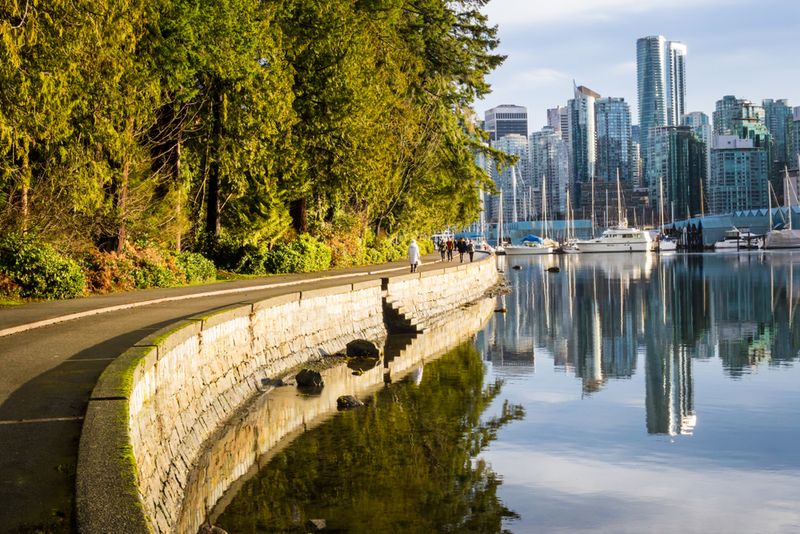
For travelers still developing their global confidence, Vancouver offers an ideal training ground. English speakers face zero language barriers, while the grid-based downtown makes navigation straightforward even without Google Maps.
The public transit system connects all major attractions with clear announcements and maps. Safety levels remain high throughout tourist areas, even after dark.
What impressed me most was how easily you can alternate between city experiences and nature – one moment shopping downtown, the next hiking in stunning Stanley Park, all without complicated transportation planning that might overwhelm travel newcomers.
9. Marrakech’s Sensory Maze Demands Travel Experience
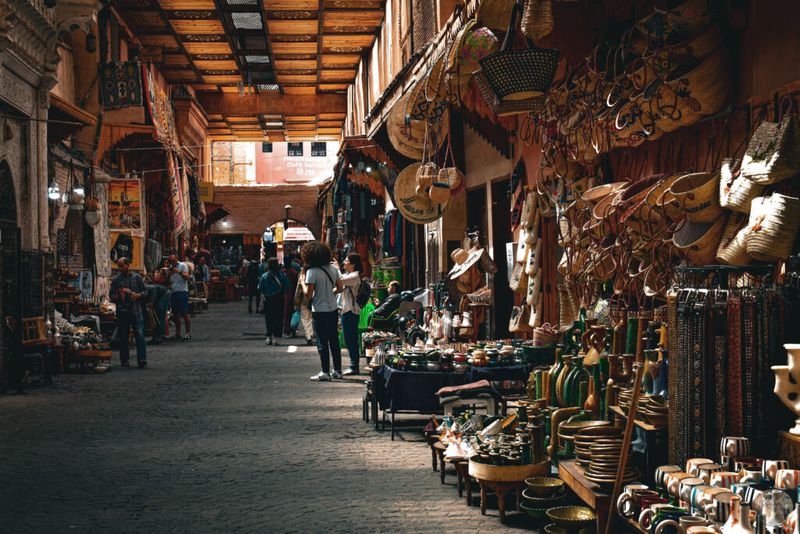
Seasoned travelers thrive in Marrakech’s beautiful chaos while beginners might feel overwhelmed. The medina’s labyrinthine alleys intentionally disorient visitors – I got lost daily despite my travel experience, which became part of the adventure rather than a source of anxiety.
Persistent vendors require confident negotiation skills and firm boundary-setting. The lack of street signs or logical layout means navigation depends on landmarks and spatial memory rather than maps.
Heat can be intense, requiring experienced travelers’ knowledge of proper hydration and rest timing. The cultural differences demand flexibility and openness that comes with travel maturity.
10. Istanbul’s Cross-Continental Complexity Rewards Experience
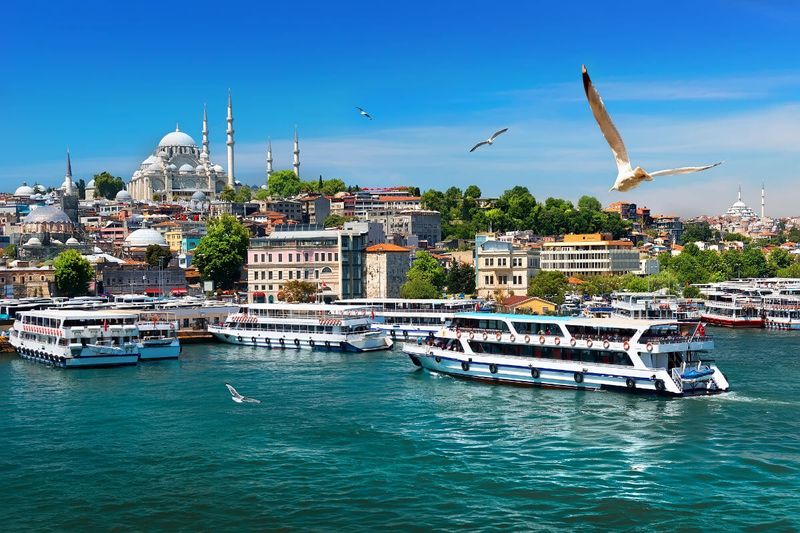
Having visited Istanbul multiple times, I’ve witnessed how the city reveals deeper layers to those with travel experience. Navigating between European and Asian sides requires transportation savvy that beginners often lack.
Bargaining in the Grand Bazaar demands confidence and market knowledge developed through previous travel experiences. The city’s vastness means efficient planning becomes crucial – skills that seasoned travelers have honed.
Cultural nuances around mosque visits, dress codes, and appropriate behavior during call to prayer come more naturally to those who’ve navigated similar cultural contexts in previous travels.
11. Mexico City’s Sprawling Grandeur Requires Travel Wisdom
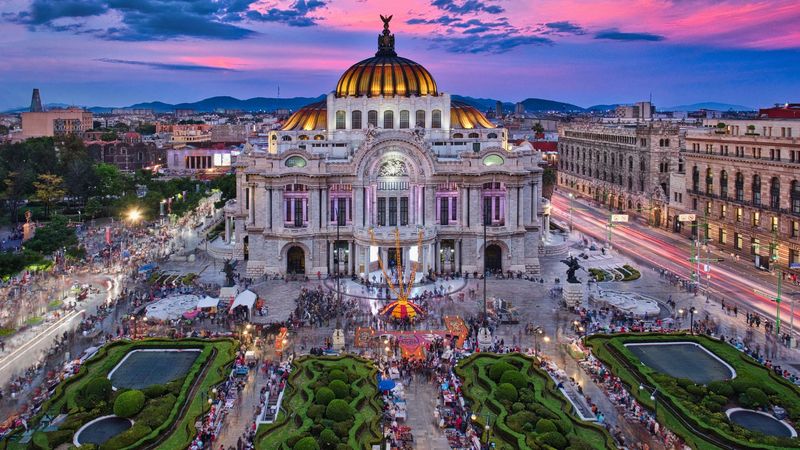
Experienced travelers appreciate Mexico City’s vastness as an opportunity rather than a challenge. The metropolitan area spans over 570 square miles – I learned that strategic accommodation choices based on intended activities save hours of transit time daily.
Altitude adaptation (7,350 feet) affects some visitors, something seasoned travelers anticipate and plan for. Navigating neighborhood safety requires the nuanced judgment that comes with travel experience.
Spanish basics help tremendously, though experienced travelers know how to communicate effectively even with language limitations. The sheer volume of world-class museums and sites demands prioritization skills developed through previous travel experiences.
12. Bangkok’s Organized Chaos Challenges Novice Travelers
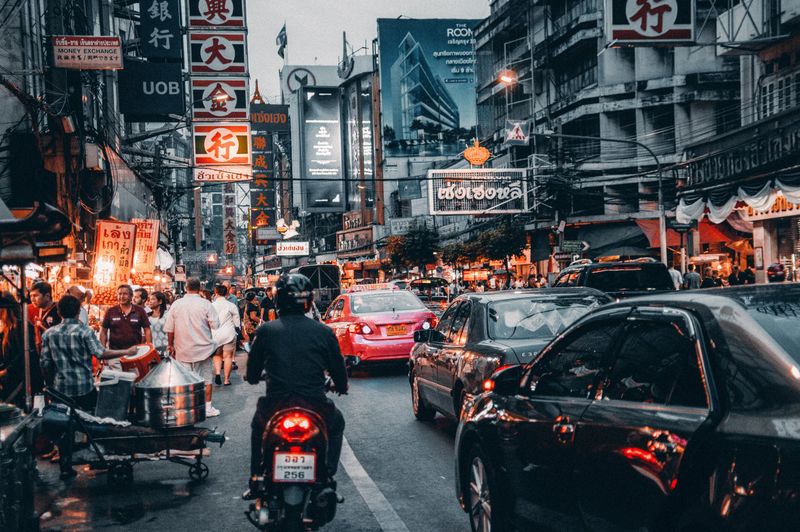
My first Bangkok visit overwhelmed me despite previous travel experience – the sensory intensity demands adaptability that newcomers often haven’t developed. Street food requires adventurous eating and food safety judgment that comes with experience.
The city’s size and traffic mean transportation planning becomes crucial. Experienced travelers recognize when taxis make more sense than tuk-tuks or when boats offer faster alternatives than road transport.
Temple etiquette requires cultural awareness around appropriate dress and behavior. Scam awareness becomes second nature to seasoned travelers who can distinguish genuine hospitality from potential tourist traps while still remaining open to authentic local connections.
13. Hanoi’s Street Symphony Delights Experienced Explorers
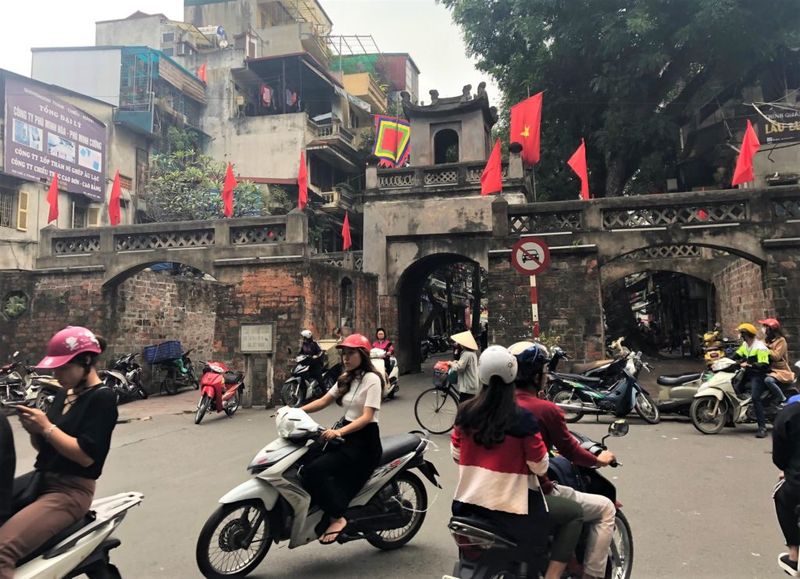
Crossing Hanoi’s streets feels like a masterclass in controlled chaos – experienced travelers embrace the flow while beginners freeze in terror. The lack of pedestrian infrastructure means creating your own path through motorcycle swarms, a skill developed through previous Southeast Asian travel.
Street food culture requires confident ordering without menus and comfort with makeshift seating arrangements. The Old Quarter’s tangled streets follow no logical pattern, rewarding those with strong directional instincts.
Experienced travelers recognize the afternoon siesta rhythm and adjust their sightseeing accordingly. They also navigate the complex pricing system where locals and tourists often pay different rates with grace rather than frustration.
